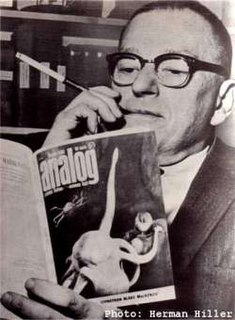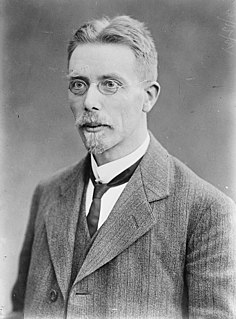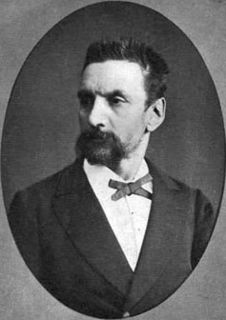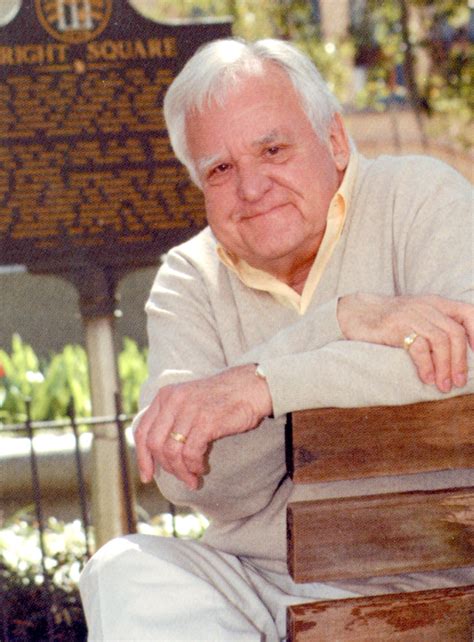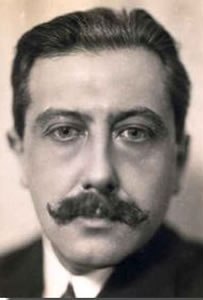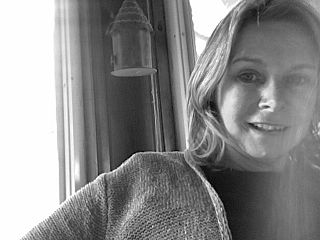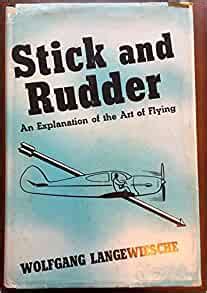A Quote by Mark Nepo
Birds learn how to fly, never knowing where flight will take them.
Related Quotes
Not only after two or three centuries, but in a million years, life will still be as it was; life does not change, it remains for ever, following its own laws which do not concern us, or which, at any rate, you will never find out. Migrant birds, cranes for example, fly and fly, and whatever thoughts, high or low, enter their heads, they will still fly and not know why or where. They fly and will continue to fly, whatever philosophers come to life among them; they may philosophize as much as they like, only they will fly.
I hold that in the flight of the soaring birds (the vultures, the eagles, and other birds which fly without flapping) ascension is produced by the skillful use of the force of the wind, and the steering, in any direction, is the result of skillful manoeuvres; so that by a moderate wind a man can, with an aeroplane, un- provided with any motor whatever, rise up into the air and direct himself at will, even against the wind itself.
If they embark on this course the difference between the old and the new education will be an important one. Where the old initiated, the new merely 'conditions'. The old dealt with its pupils as grown birds deal with young birds when they teach them to fly; the new deals with them more as the poultry-keeper deals with young birds- making them thus or thus for purposes of which the birds know nothing. In a word, the old was a kind of propagation-men transmitting manhood to men; the new is merely propaganda.
The pain comes from more than the facts of circumstance, or the deeds of others. It comes from within. From understanding what we lost. It comes from knowing how foolish we were - vain, arrogant children - when we thought ourselves happy. It comes from knowing how fragile and doomed the old ways were, just when we thought them and ourselves, secure!. The pain comes from knowing we have never been safe, and therefore will never be safe again. It comes from knowing we can never be children again.
The rocks are where they are- and this is their will. The rivers flow- and this is their will. The birds fly- this is their will. Human beings talk- this is their will. The seasons change, heaven sends down rain or snow, the earth occasionally shakes, the waves roll, the stars shine- each of them follows its own will. To be is to will and so is to become.
From that time forth he believed that the wise man is one who never sets himself apart from other living things, whether they have speech or not, and in later years he strove long to learn what can be learned, in silence, from the eyes of animals, the flight of birds, the great slow gestures of trees.
Jonathan Livingston Seagull . . . was no ordinary bird. Most gulls don't bother
to learn more than the simplest facts of flight how to get from shore to food and back again. For most gulls, it is not flying that matters, but eating. For this
gull, though, it was not eating that mattered, but flight. More than anything else,
Jonathan Livingston Seagull loved to fly.


